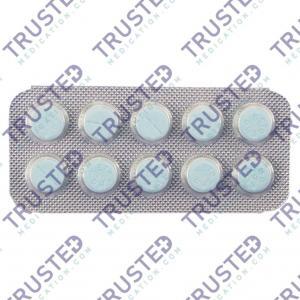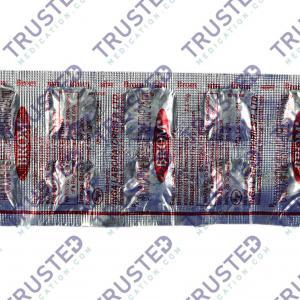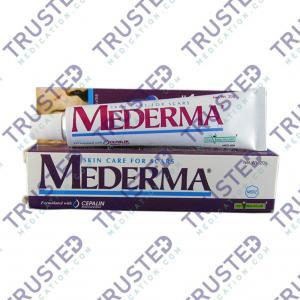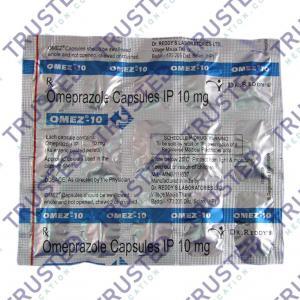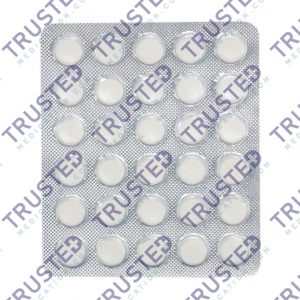
A muscle spasm is an involuntary movement in one or more muscles. People may also call it a muscle cramp or twitch. Muscle spasms are very common and they tend to affect the abdomen, thighs, arms, hands, and feet.
What is Muscle Spasm?
Muscle spasms are painful contractions and tightening of your muscles. They are common, involuntary, and unpredictable. Although there are steps you can take to prevent a muscle spasm and treat it when it attacks, those methods are not always reliable. Muscle relaxants, stretching and massage are most likely to help.
Some people are more vulnerable than others to muscle spasms. Those who are most at risk are:
- People with overweight or obesity
- Pregnant women
- Older adults
- Athletes
People who have certain health conditions, such as nerve disorders or thyroid-related problems, also tend to experience a higher-than-average frequency of muscle spasms. Muscle spasms are not usually anything to worry about, but in some cases, they can be a sign of an underlying neurological health condition. Neurological health conditions affect the brain, which is responsible for making the muscles move.
What Are The Symptoms Of Muscle Spasms?
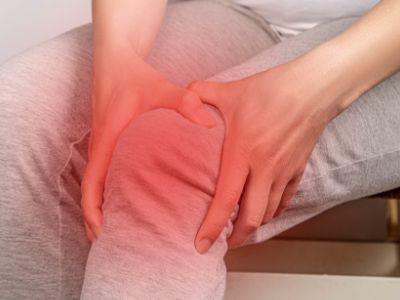
Muscle spasm usually develops in the leg muscles, mainly in the calf. Besides the sudden, sharp pain, you might also feel or see a hard lump of muscle tissue beneath your skin.
If the muscle spasm is severe, happens often, responds poorly to treatment, and is not related to obvious causes, make an appointment with your health care provider. The spasms could be related to underlying factors.
Is There A Treatment For Muscle Spasms?
You can usually treat muscle cramps with self-care measures. Your doctor can show you stretching exercises that can help you reduce your chances of getting muscle cramps. Making sure you stay well-hydrated also can help. For recurrent cramps that disturb your sleep, your doctor might prescribe medication to relax your muscles.
If you have a cramp, these actions may provide relief:

- Stretch and massage. Stretch the cramped muscle and gently rub it to help it relax. For a calf cramp, put your weight on your cramped leg and bend your knee slightly. If you’re unable to stand, sit on the floor or in a chair with your affected leg extended. Try pulling the top of your foot on the affected side toward your head while your leg remains in a straightened position. This will also help ease a back thigh cramp. For a front thigh cramp, use a chair to steady yourself and try pulling your foot on the affected side up toward your buttock.
- Apply heat or cold. Use a warm towel or heating pad on tense or tight muscles. Taking a warm bath or directing the stream of a hot shower onto the cramped muscle also can help. Alternatively, massaging the cramped muscle with ice may relieve pain.
Patients are recommended to follow up with their primary care or specialty doctor regularly to make sure of proper treatment of the condition. Typically, for surgeries such as baclofen pump placement, patients are followed by their neurosurgeon who sees them three months, six months, and 12 months postoperatively and additionally for medicine dosing appointments and any device-related appointments. Patients who take oral medications or who do physical and occupational therapy should follow up with their doctors as instructed and needed.
Recommended medication for muscle spasms:
- Crampstop – is an oral tablet used in treating cramps. It restores your normal muscle function when acute muscle spasms occur. It has a natural ingredient that helps in the electrolyte balance for the normal function of your muscles. The drug works by contributing to the electrolyte balance in the muscle. It allows your muscles and your nervous system to function normally.
Make an appointment with your doctor if you have muscle cramps that are severe, frequent, and not getting better with self-care. It is recommended to take your medication regularly to prevent severe attacks.


